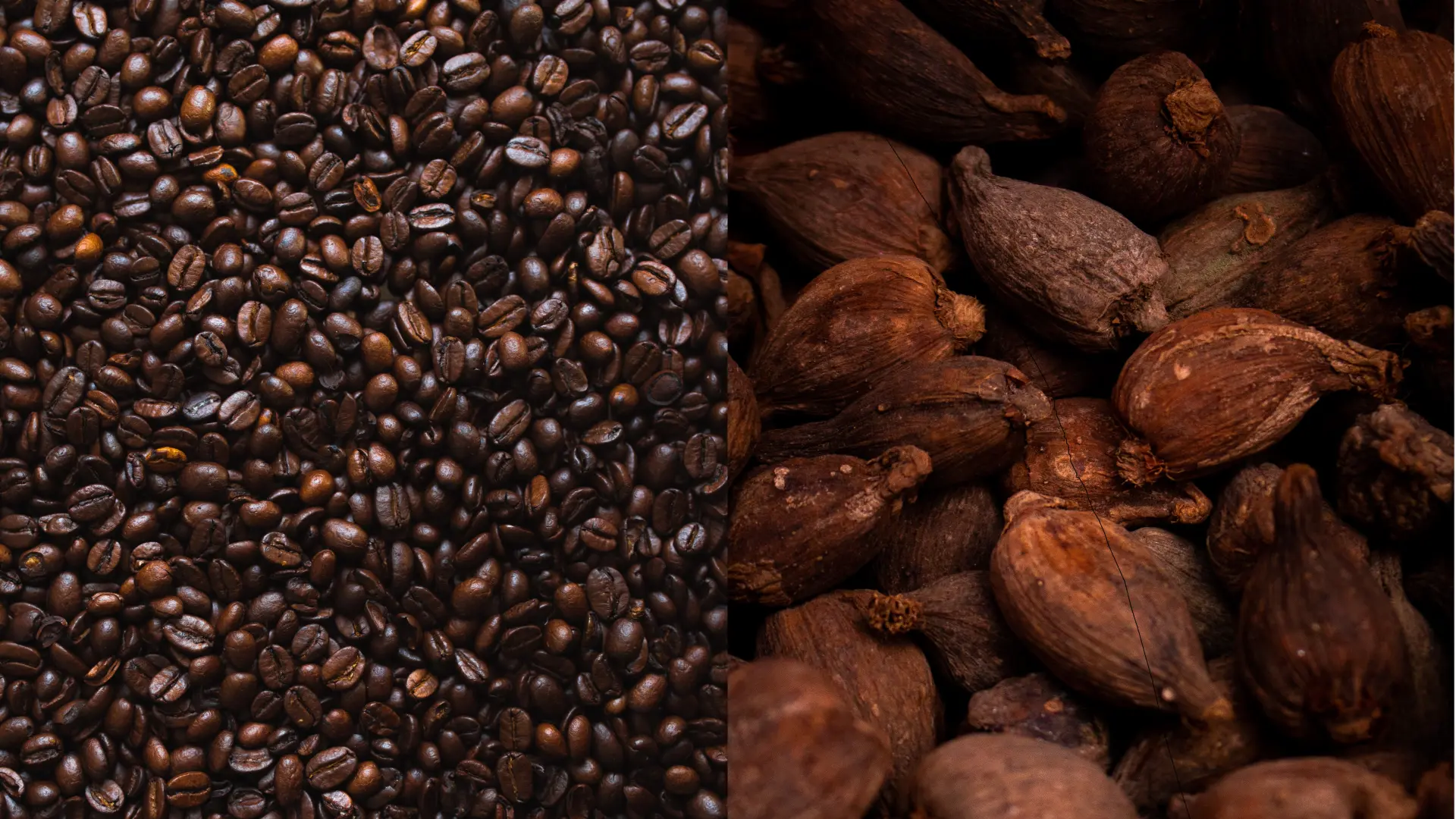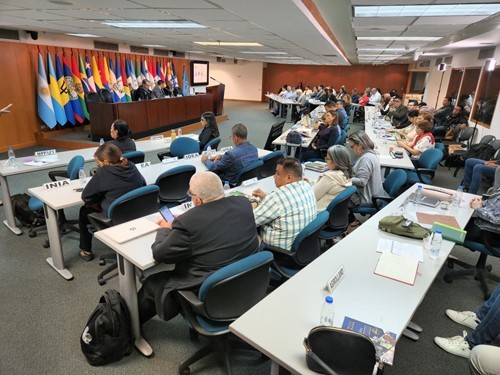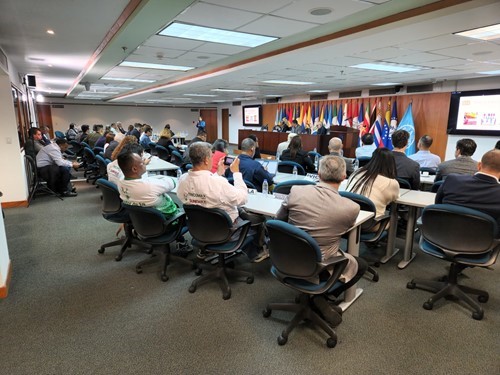SELA addresses new EU regulation on cocoa and coffee imports
enero 29, 2024
autor: WWW.SELA.ORG

With the aim of understanding the new European Union regulations on imports and the impact related to non-deforestation in value chains, especially as regards coffee and cocoa, the Latin American and Caribbean Economic System (SELA) held on Monday the “Seminar on access to the European market for the cocoa and coffee sectors,” with the participation of a panel of specialists, who analysed the direct effects of the new regulations in the European market.

The Permanent Secretary of SELA, Ambassador Clarems Endara, said that “the importance of cocoa cultivation is reflected in the 1.8 million hectares that are currently used for its production; an area that has grown steadily since 2006 and has meant an increase in production and, therefore, supply of its products, especially cocoa beans.”
He added that “coffee has become one of the most vibrant, competitive, and promising sectors. In the coming years, we will need to make visible a Latin American coffee leadership that promotes innovative and sustainable practices that can be replicated in other sectors in the region and globally.”
In this context, Ambassador Clarems Endara warned that the European law against deforestation came into force last year and bans EU countries from importing products from deforested areas, a situation that has deeply concerned several developing countries in our region that consider themselves directly affected, such as Argentina, Bolivia, Brazil, Colombia, Ecuador, Guatemala, Honduras, Mexico, Paraguay, Peru and the Dominican Republic; countries that together with 6 other countries (Indonesia, Ivory Coast, Ghana, Malaysia, Nigeria and Thailand), presented a joint letter to the EU in September 2023, in which they warn that “small producers may end up excluded from international value chains, not because they have deforested their land, but because of their inability to comply with the strict requirements imposed” by European regulations.

The Regional Director of the International Regional Organisation for Plant and Animal Health (OIRSA), Carlos Urias, stressed that the organisation maintains an early warning system for new regulations that are approved in the world, in terms of food imports and exports. “The first thing is to organise ourselves and plan actions in the short, medium and long term to meet the requirements of the countries of the region in relation to the new European regulations,” the Director of OIRSA said.
The FAO representative in Venezuela, Alexis Bonte, emphasised that there is intense pressure from environmental activists in Europe and that consumers of chocolate and coffee in Europe reportedly do not want to feel guilty when they consume these products because of deforestation in other countries. “EU imports contribute to 16% of the world's deforestation and that is a tragedy (...) we have to take this issue in a positive way, although I understand that it can be complicated but every challenge can be an opportunity,” he pointed out.
The Seminar “European Market Access for the Cocoa and Coffee Sectors” was also attended by Emmanuel Winkler, Advisor to the Directorate General of the German Chamber of Commerce and Industry for Latin America; Nubia Durán, Coordinator of Integrated Landscape Management in the Andean-Venezuelan region; and Eladys Córcega, Value Chain Specialist of the GEF - Andes Project.